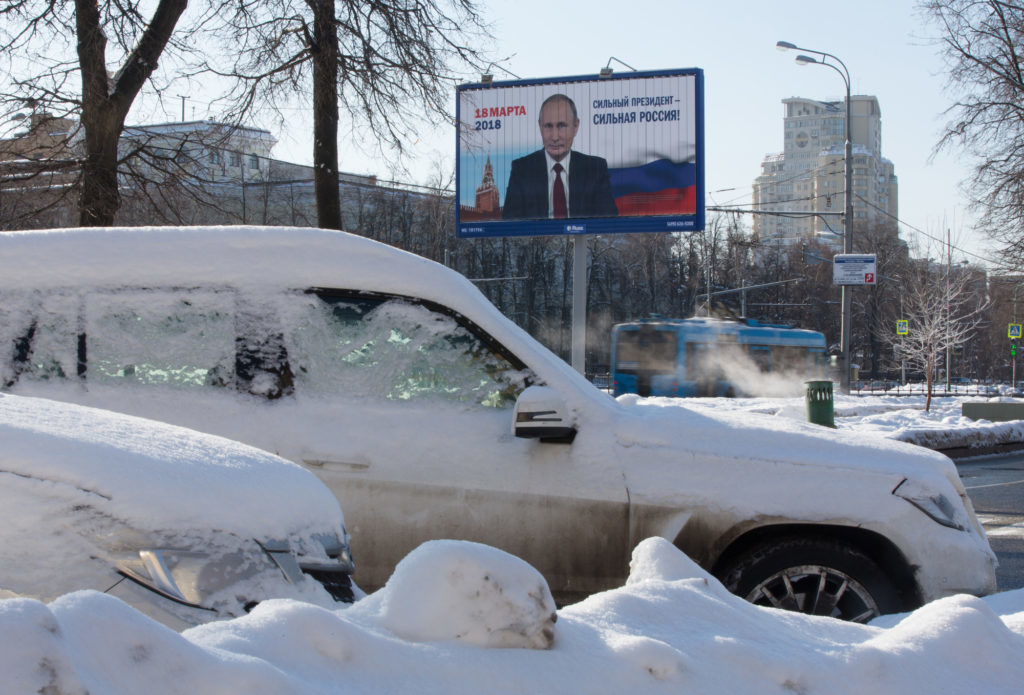
Londoners this morning woke up to the rare sight of the city blanketed in snow as the icy blast from Siberia that’s causing havoc across Europe will linger for at least this week.
Temperatures across Europe have plummeted and forecasters predict they will remain as much as 8 Celsius below average (14.4 Fahrenheit) in Britain through the weekend. U.K. gas prices doubled to the highest in more than a decade in a bitter weather front that has killed at least 24 people throughout Europe and covered Mediterranean beaches with snow.
Freezing weather from Moscow to southern Europe is already testing networks and infrastructure. Some of the biggest impact is on energy as gas is mainly used for heating and cold snaps toward the end of the winter can have the largest impact on energy markets as stockpiles built up during the summer months are rapidly declining. While cold weather is forecast next week too, temperatures will move closer to seasonal norms, according to The Weather Co.
“Today should be the peak of the cold spell across north-west Europe and gas demand should be falling from today onwards,” said John Twomey, power and gas analyst at Bloomberg New Energy Finance.
Roads may become blocked by deep snow and rural communities may be cut off for several days, while long interruptions to power supplies may also occur, the U.K.’s Met Office said on its website, forecasting heavy snow showers through Thursday. Short-haul and domestic flights will be disrupted through Friday, British Airways Plc said on its website.
Gas Inflation
Gas for same-day delivery in the U.K. more than doubled to as high as 190 pence a therm ($26.40 a million British thermal units), broker data compiled by Bloomberg show. Average temperatures in the U.K. are forecast at minus 2 Celsius on Wednesday, about 8 degrees below seasonal norms.
Britain’s gas network is coping with the increased demand amid supply outages. Flows from Norway have been reduced due to an outage at a key processing plant, while heavy snow at a U.K. gas terminal is preventing pipeline imports from the Netherlands.
Power system prices, or the cost of balancing Britain’s electricity market, jumped to 200 pounds a megawatt-hour this morning, a record for the half-hour periods, National Grid data show.
The rest of Europe also continues to be affected. Average temperatures in Germany are forecast at minus 6.45 Celsius, more than 9 degrees below seasonal norms.
Many trains and flights in Sweden have been canceled as a massive amount of snow is falling across the nation, with police advising motorists to stay at home as roads are clogged up in some regions. Temperatures have fallen to as low as minus 30 Celsius in the north and the grid manager started an old oil-fired reserve unit to ensure there is enough power to heat homes.
Finnish day-ahead power surged to a two-year high for Wednesday as demand reached a peak for this winter.
Russia’s Gazprom PJSC has been shipping record amounts of gas to Europe. The gas exporter has a history of limiting supplies to Europe during freezing weather because of increased demand in Russia. But with spare production capacity, no caps have been announced for this winter.
In parts of Russia, temperatures dropped as low as minus 46 Celsius over the past 24 hours. Moscow, the nation’s biggest gas consumer, faced its coldest night this winter on Tuesday with the mercury dropping to almost minus 22 degrees in the center and to minus 30 in the suburbs.
Recommended for you
